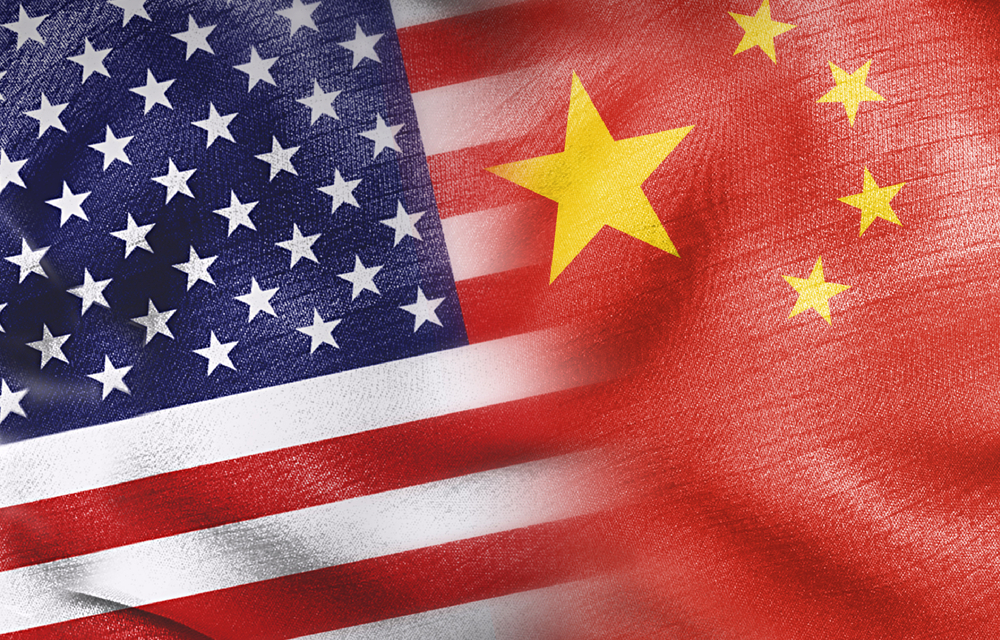April 17, 2025
Trump’s trade war threatens to derail U.S.-China relations

When will President Donald Trump’s trade war with China end? Will it end? And if it does, who’s to say another American president at some time in the future won’t initiate a new one? Policymakers, traders, business analysts, and prognosticators the world over are trying to answer all of these questions, a remarkably difficult task given the value Trump places on unpredictability. And, true to form, Trump’s salvo of tariffs over the last several weeks—instituting a chaotic reciprocal tariff regime, only to walk it back for 90 days while increasing restrictions on Chinese exports—is the epitome of unpredictability.
Washington and Beijing are now staring at each other waiting for the other to blink. Trump’s tariffs on Chinese goods are now at a whopping 145 percent. Despite carve-outs on certain high-tech products like iPhones as well as Trump’s own confidence that Chinese President Xi Jinping will eventually pick up the phone and make a call to deescalate the situation, Xi isn’t in a talking mood right now. Rather than capitulate or beg for a negotiation, China is retaliating like it did in the past. U.S. goods into China are now slapped with a 125 percent levy; big U.S. companies are being put on Beijing’s “entity list,” limiting their access to certain Chinese products; and the Chinese Communist Party’s propaganda machine is waging a war of words against the United States. On April 13, China suspended exports of some rare earth minerals, and two days later it paused the purchase of Boeing passenger aircraft.
This isn’t Washington and Beijing’s first rodeo. During the first Trump administration, Washington hit about $335 billion worth of Chinese goods with various tariff levels, some higher than others. That years-long dispute eventually ended in 2020, when Trump signed the Phase-1 trade accord that mandated Beijing to purchase tens of billions of dollars in additional U.S. products (Beijing didn’t keep to the terms, due in part to the global COVID-19 pandemic).
The difference between now and then, however, is stark. Back then, U.S. and Chinese officials were still interacting on issues ranging from North Korea’s nuclear weapons program to the fentanyl trade. Today, the trade war between the world’s two largest economies and biggest military spenders is beginning to bleed in other areas of policy. Historically, trade was one segment of the wider bilateral relationship where U.S. and Chinese policymakers could sit in the same room without tearing each other’s eyes out. Now it’s just one more area of extreme competition. The last good leg of the wobbly stool is now wobbly as well.
More on Asia

Featuring Lyle Goldstein
December 9, 2025

Featuring Lyle Goldstein
November 14, 2025

Featuring Jennifer Kavanagh
November 5, 2025






